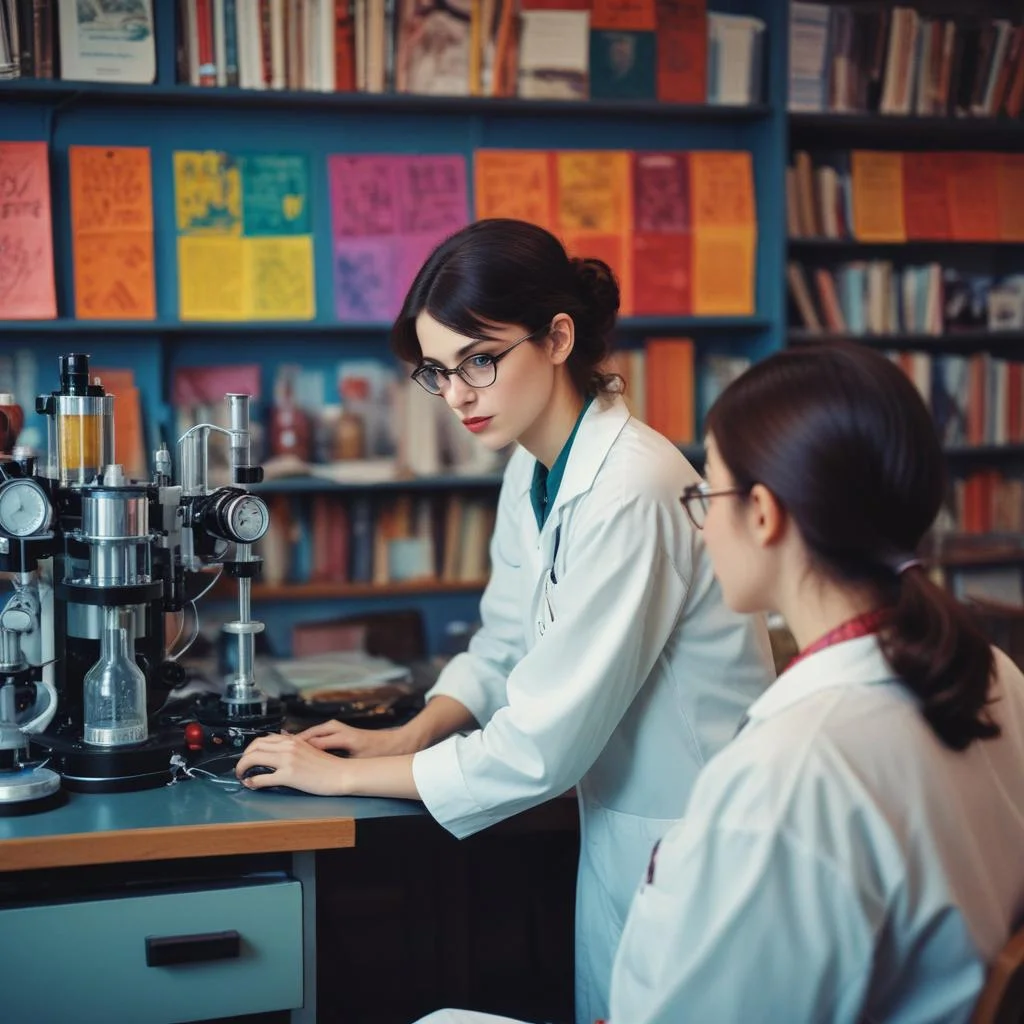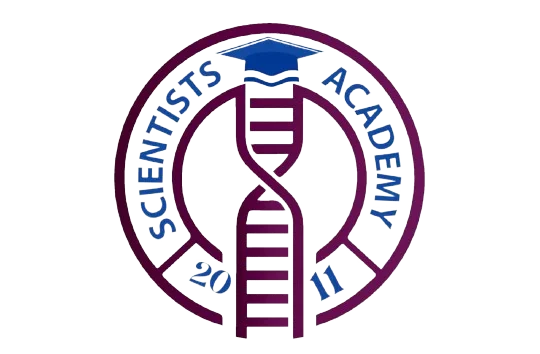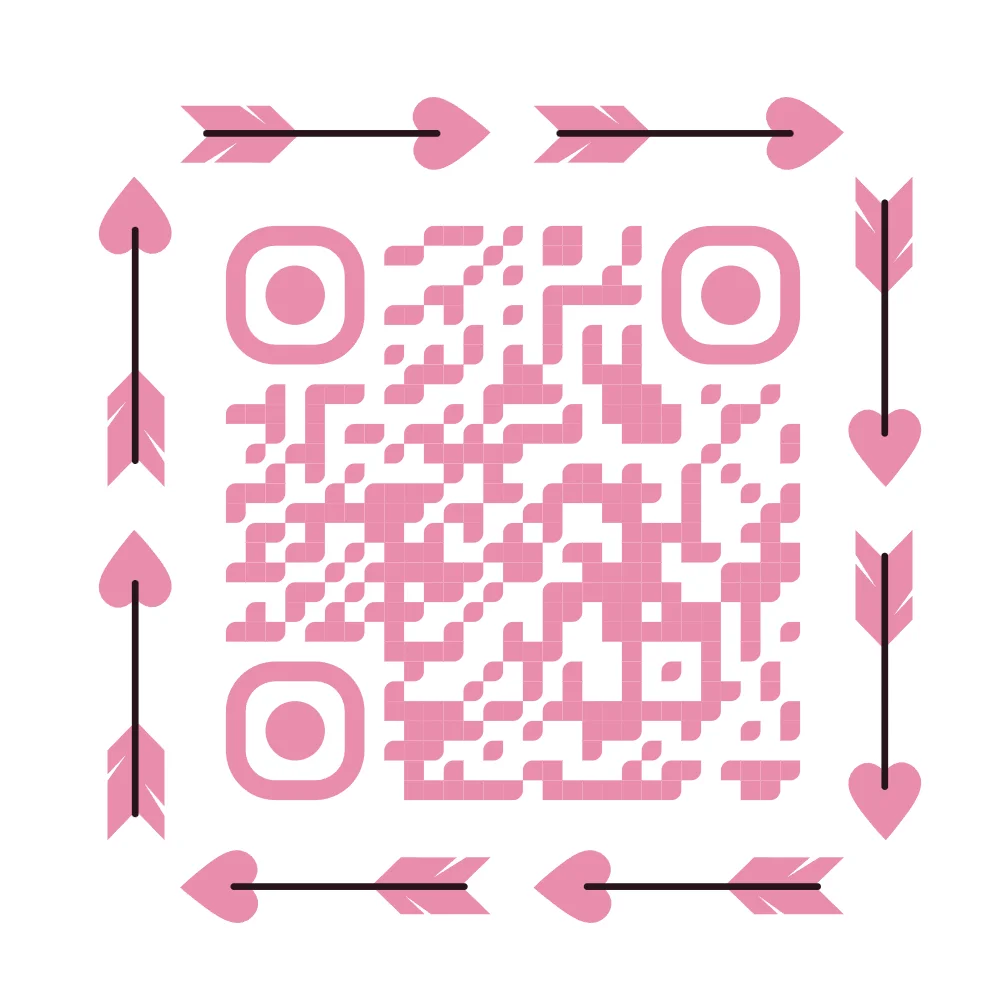
Details
28 days - Morning & Afternoon
Morning: 9 AM to 12 AM
Afternoon: 6 PM to 9 PM
Language only
350 SAR
Description
The Chemistry Preparation course offered by Scientists Academy is meticulously designed to cover all the essential topics outlined in the ASCP MLS (Medical Laboratory Scientist) study guide. This course spans 20 comprehensive lectures plus 3 intensive revision sessions, ensuring a thorough understanding of clinical chemistry principles crucial for the ASCP certification exam.
Throughout this course, students will delve into a broad range of topics including clinical biochemistry, analytical methodologies, instrumentation, and the clinical interpretation of laboratory results. Emphasis will be placed on understanding the physiological and pathological significance of chemical analytes in various body fluids, enhancing both theoretical knowledge and practical skills.
The course’s structured approach includes 20 lectures that systematically cover each section of the ASCP study guide. The final 3 lectures are dedicated to rigorous revision, focusing on consolidating knowledge, addressing common exam questions, and honing test-taking strategies.
Requirements
Internet connection
Laptop/Tablet/PC
A working headphone with a microphone
Internet connection
A working headphone with a microphone
Laptop/Tablet/PC
Course Highlights
- Comprehensive coverage of all ASCP study guide content areas
- 20 focused lectures on key chemistry topics
- 3 targeted revision sessions for exam preparation
- Integration of theory with real-world clinical applications
- Expert instructors with in-depth knowledge of ASCP requirements
Key Topics Covered:
1. Carbohydrates – Structure, function, and laboratory methods for clinical analysis.
2. Proteins and Enzymes – Biochemistry, clinical significance, and diagnostic testing.
3. Lipids and Lipoproteins – Metabolism, disorders, and laboratory assessments.
4. Electrolytes and Blood Gases – Physiological roles, imbalances, and measurement techniques.
5. Acid-Base Balance – Mechanisms, disorders, and analytical procedures.
6. Renal Function – Kidney physiology, function tests, and disease markers.
7. Liver Function – Hepatic metabolism, enzyme tests, and pathological conditions.
8. Endocrinology – Hormonal regulation, disorders, and clinical assays.
9. Toxicology – Principles, drug metabolism, and substance detection.
10. Nutritional Assessment – Vitamins, minerals, and their clinical evaluation.
11. Tumor Markers – Biochemical markers for cancer diagnosis and monitoring.
12. Therapeutic Drug Monitoring – Pharmacokinetics, methodology, and clinical applications.
13. Quality Control – Principles, statistical methods, and lab quality assurance.
14. Analytical Techniques – Spectroscopy, chromatography, and electrophoresis.
15. Instrumentation – Use, maintenance, and troubleshooting of laboratory instruments.
Learning Outcomes:
By the end of this course, participants will have a deep and practical understanding of clinical chemistry, enabling them to excel in the ASCP certification exam and effectively contribute to laboratory medicine.
Target Audience:
This course is ideal for individuals preparing for the ASCP MLS certification, including students, laboratory technologists, and healthcare professionals seeking to enhance their proficiency in clinical chemistry.
For detailed course content, please refer to the ASCP MLS study guide here.



